by Dr. David Sanders
What is it like to meet someone in person who you have only spoken with over the phone, chatted with via text or seen on a ZOOM call? Our daughters returned to the classroom this week after a year of being at home. They had never met their teachers or many of their classmates in person. I asked how it felt to be back at school: “It felt good, it was a physical, not just a mental connection,” they said. To illustrate further, a child in their class had asked the teacher if she had Lord of the Rings available for him to read. Overhearing that the book was not available, one of our daughters offered to bring the book in for him to borrow. Being physically present allowed for that kind of connection.
Humans need physical connection and even more so touch. We speak of our connections through the tactile, “I’ll be in touch,” when we don’t mean that literally. Proximity, even at a six foot distance, holds the promise that we are close enough to touch, while a virtual connection can only metaphorically hold “being in touch.”
I am deeply grateful to be fortunate to not be isolated from touch and for the technology we have that affords us connecting with each other at a distance. In this year of isolation I have had more contact with my siblings who live thousands of miles away from me. Our weekly ZOOM call keeps us apprised of what is happening in each other’s lives. I have also met people I may not have met if it wasn’t for engaging remotely instead of in person. We accommodate and connect but still miss out on what is gained by personal touch.
In graduate school I watched with fascination Harlow’s experiments with baby rhesus monkeys. Separated from their biologic mothers, these infants were given the choice between a wire figure that was clothed in terry cloth and a figure that had a bottle providing milk. The monkeys preferred the wire mother that provided a comforting sensation of touch. “Staying in touch” was more important than being well fed. The importance of touch has now led researchers at Northwestern University to create synthetic skin with application to both virtual reality and as an aid to people with prosthetic limbs.
The sense of touch is also applied to our relation to reality. To be out of touch or not in touch implies a distorted sense of reality. Sadly, we witnessed the devastating impact of another young man, not in touch, grasp a weapon for the purpose of inflicting pain and death at a supermarket in Boulder. I reflected on previous mass shootings in Colorado, at Columbine and in Aurora, perpetrated by young men who were not in touch. I wondered if in addition to wrestling with the demons inside their heads they all had been feeling isolated and untouchable. The touch of cold metal, in the shape of a gun, handcuffs and prison bars reminded me of what the rhesus monkeys rejected for the comfort of terry cloth. We now need to share how we are all touched by these tragedies and find comfort from our bewilderment and solace in our grief.
At our Passover Seder we will conclude: Next Year in Person. A touching ending to a year of being out of touch.


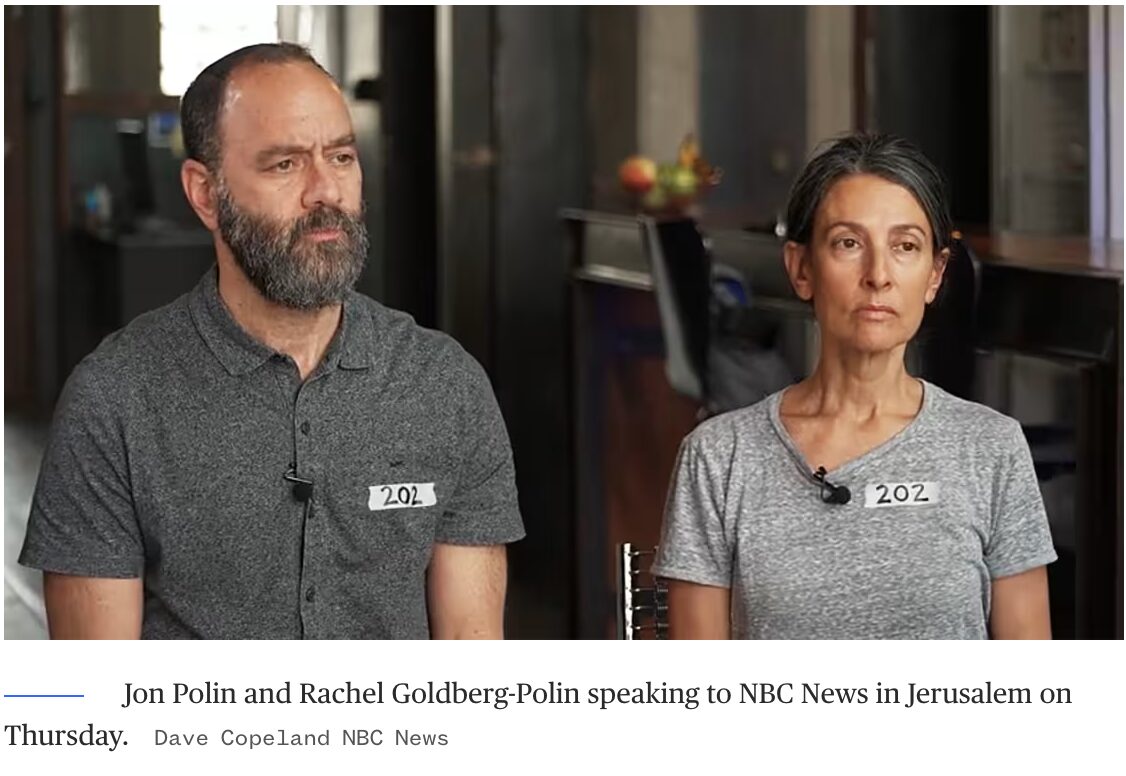
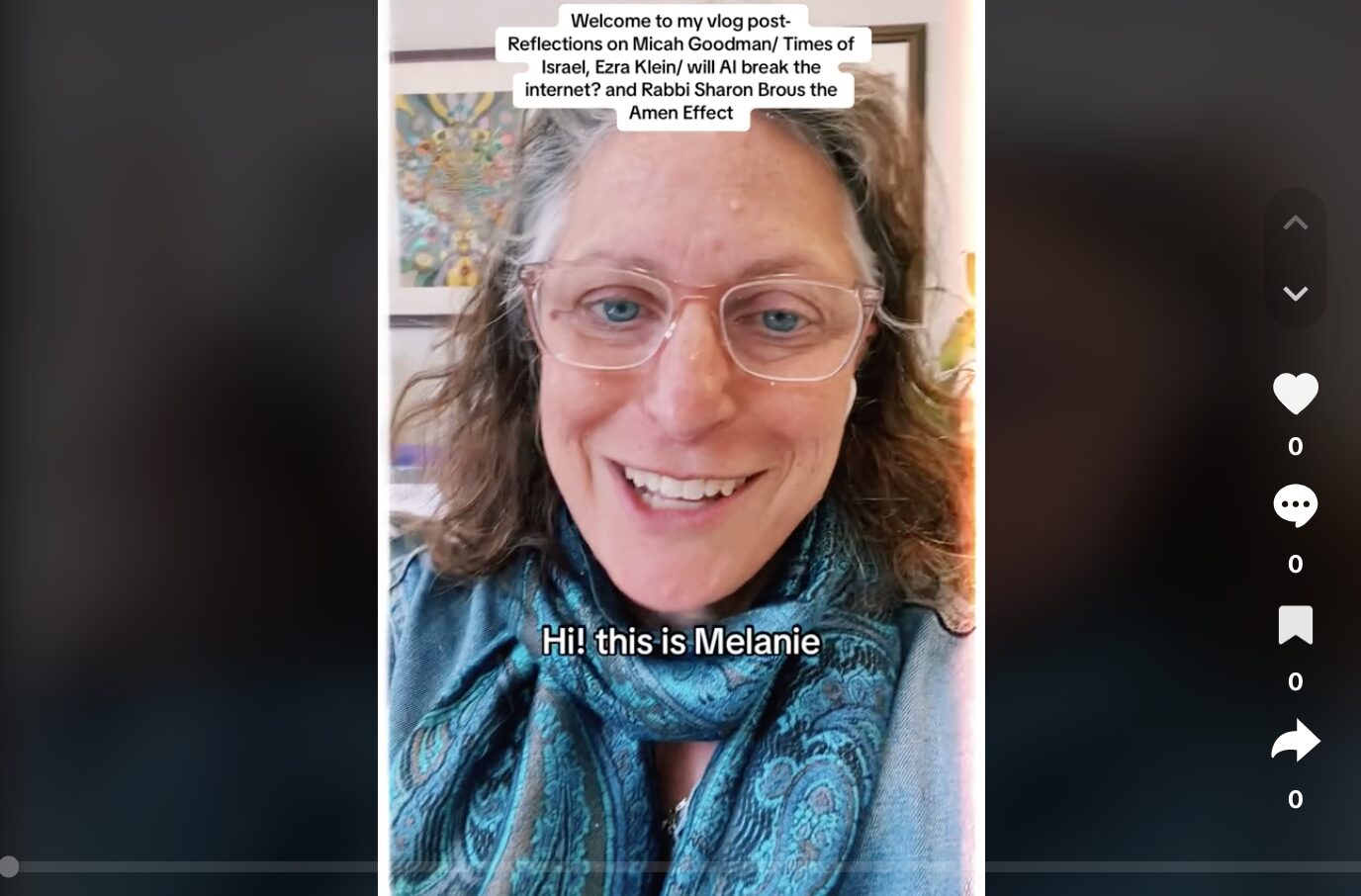

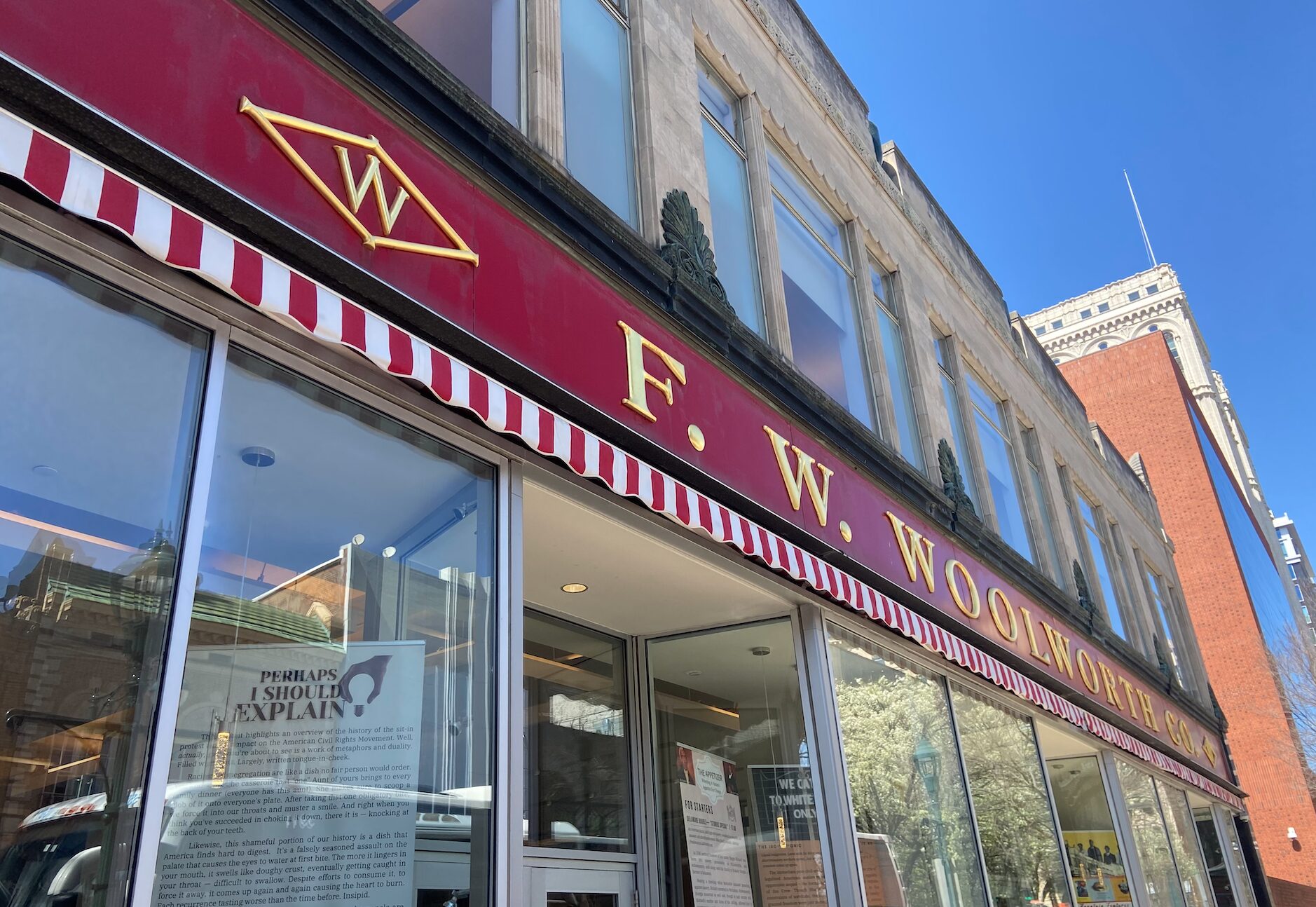
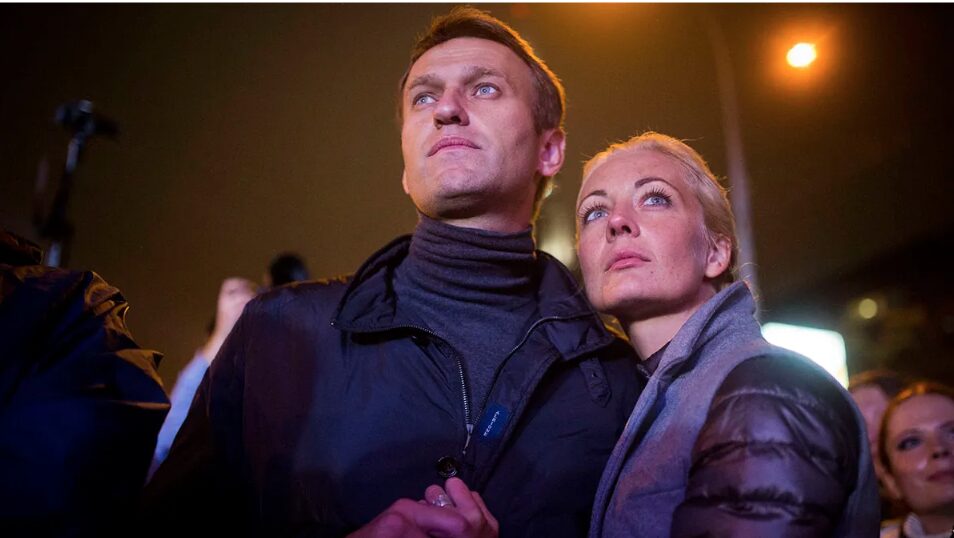


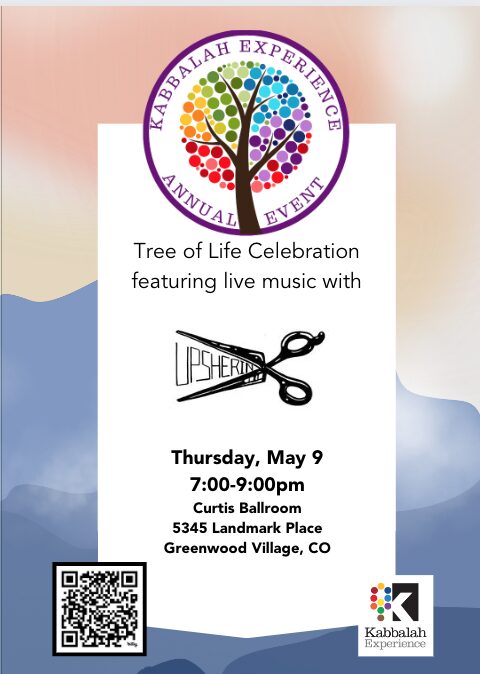
1 Comment
Nancy Nowak · March 25, 2021 at 8:47 pm
Amein, amein, amein, David .